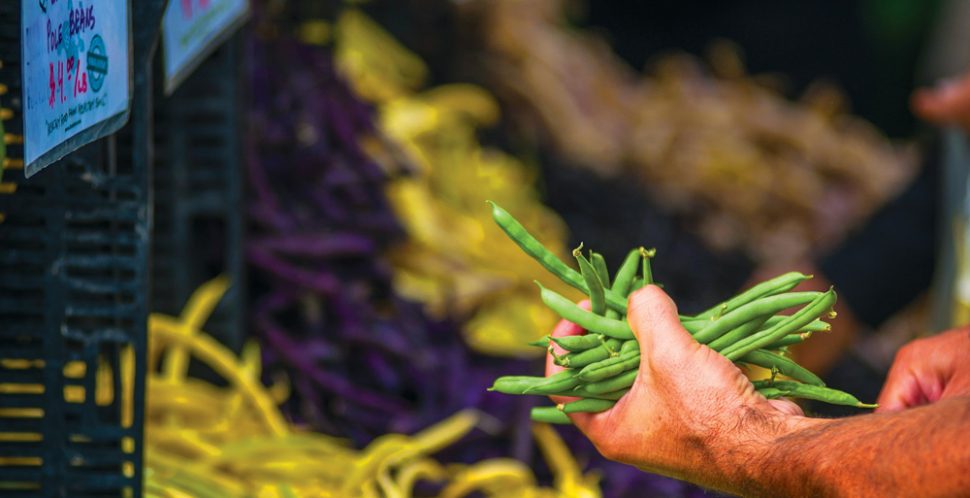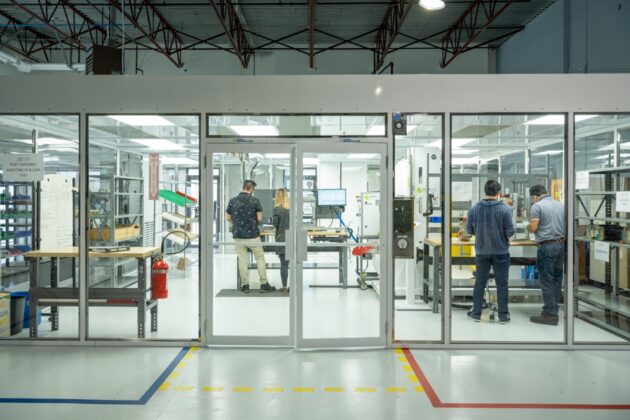Loblaws’ recent decision to stop selling French’s ketchup, due to poor sales performance, led to a firestorm of consumer outrage. The company reversed its decision days later in the face of mounting pressure that included consumer calls to boycott Loblaw stores. A&W then rode the wave of media attention, making public commitments to purchase French’s ketchup for its 850 locations across Canada.
What’s up with all the ketchup patriotism?
It comes from a 2014 decision by French’s to position its ketchup, which sourced tomatoes from Leamington, ON, as the “local” alternative. The move was a direct challenge to H.J. Heinz Co., which processed tomato products there for more than a century until it closed their plant in 2013. The closure put nearly 1000 people out of work, and affected nearly 50 tomato farmers, as 40 percent of all Ontario-grown field tomatoes were used by the Heinz factory.
French’s move into the void, purchasing Leamington tomato paste from a new co-packing factory employing 400+ people, created tremendous loyalty – despite the fact their Canada-bound ketchup is ultimately produced and packaged in Ohio.
The French’s story shows the complexity of this seemingly simple question: What’s a local product? It also shows the tremendous consumer passion behind it.
Consumers today more than ever want local.
When a simple decision like Loblaw’s draws attention to the underlying issues, such as the jobs created by local products, this preference stands out even more. LOCO BC surveyed hundreds of Canadian consumers in 2015 and found that nearly 70 percent of consumers valued Canadian ownership as “most Important” or “important” when shopping. Over 50 percent were actively seeking Canadian-made products, and the same percent preferred to buy from companies in their province or city.
But how do you identify local products? Supply chains have become increasingly complicated and difficult to trace. As a result, there are various shades of local. At LOCO we categorize them by:
- Ownership of the business (is it private and 50+% local owned?)
- Location of production (is a product 50+% local made?), and
- Where ingredients are sourced (are they 50+% local grown?)
The greatest economic impact comes when locally- grown ingredients are sourced for locally-made products, and sold by locally-owned businesses. That’s rarely the case. For French’s ketchup, locally-grown ingredients were partially locally-made, since they were processed elsewhere for a non-local company. Those locally-grown ingredients were the livelihood of the town, and Canadian consumers showed that they wanted to support that. However, the issue also called attention to the fact that the company was not locally owned, nor is the product fully locally-made. Not surprisingly, many have called for better product labeling.
Going Local is Good for Business
LOCO BC is working to help with that, by defining local for consumers and businesses based on economic impact. Further, we have been developing a Local Impact Assessment to measure and communicate the impact a business has on the local economy. Local sourcing is a large focus of our assessment.
Resource companies like Tech and Neptune Terminals have long had local purchasing practices, which contributes to their social license to operate in the communities where they operate. However, other companies are looking at local sourcing as a means to a more diversified and stable supplier base, to reduce greenhouse gases and to foster small and mid-sized businesses and grow the local economy.
We’re now working with the Vancouver Economic Commission (VEC) and progressive Vancouver companies, through online testing, to further development our measurement tool and look forward to supporting interested companies in “going local.” Interested businesses can contact LOCO BC to be part of the development.
 Amy Robinson
Amy Robinson
Amy has 18 years experience working with businesses to embed sustainability into operations. She has worked with organizations ranging from small and medium sized enterprises (SMEs) to big industry, regional governments and the UN. However, she has a passion for small businesses, with their unique challenges and opportunities.
Amy started the not-for-profit LOCO BC in 2009 to connect, support and promote local businesses while advocating for increased local spending by consumers, businesses and institutions. LOCO’s work springs from her perception that BC undervalues the economic and social pillars of sustainability that strengthen communities, build resilience and foster innovation.




